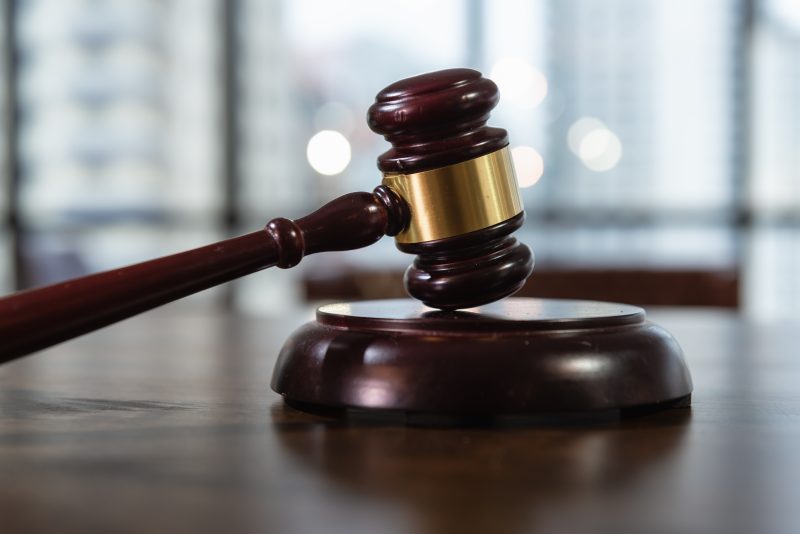In a recent case that has shocked the nation, a Virginia man has been charged with making violent threats against U.S. Vice President Kamala Harris. Identified as 53-year-old David Kyle Reeves, the man allegedly sent multiple emails threatening to torture and kill Vice President Harris. These disturbing threats were reported to the authorities by a Special Agent with the United States Secret Service, who launched an investigation into the matter.
A criminal complaint filed in the U.S. District Court for the Western District of Virginia detailed the alarming content of the emails. Reeves is accused of making graphic and violent threats against Vice President Harris, using language that indicated a clear intent to cause harm. The threats were deemed serious enough to warrant a criminal investigation, leading to Reeves’ arrest by law enforcement officials.
The arrest of David Kyle Reeves serves as a stark reminder of the dangers posed by individuals who make violent threats against public officials. In a country where political tensions run high and public figures are frequently targeted, law enforcement agencies must remain vigilant in protecting the safety and security of those in power. Threats of violence, especially those targeted at high-ranking government officials, cannot be taken lightly and must be met with swift and decisive action.
The case also raises important questions about the prevalence of threats against public figures in today’s society. As social media and digital communication platforms continue to evolve, individuals have greater access to public figures than ever before. While this connectivity can be a force for good, allowing for greater transparency and communication between officials and the public, it also opens the door to potential threats and harassment.
In response to the growing number of threats against public officials, law enforcement agencies have implemented robust security measures to ensure the safety of those in power. The Secret Service, in particular, plays a crucial role in protecting the President, Vice President, and other high-ranking government officials from potential threats. The agency employs a range of tactics, from physical security measures to cybersecurity protocols, to safeguard those under their protection.
As the case against David Kyle Reeves unfolds, it serves as a chilling reminder of the ongoing need for vigilance and security in today’s political landscape. Threats against public officials, no matter how seemingly far-fetched, must be taken seriously to prevent potential acts of violence. In a democratic society built on principles of free speech and open dialogue, the safety of those in power should never be compromised by the actions of a few individuals intent on causing harm.
